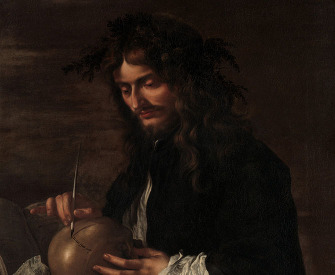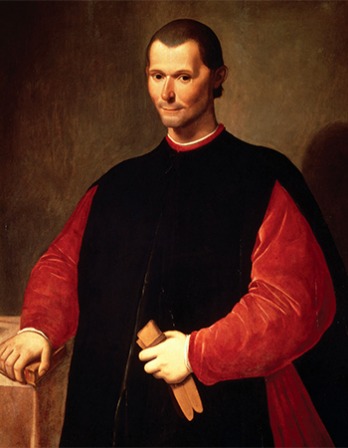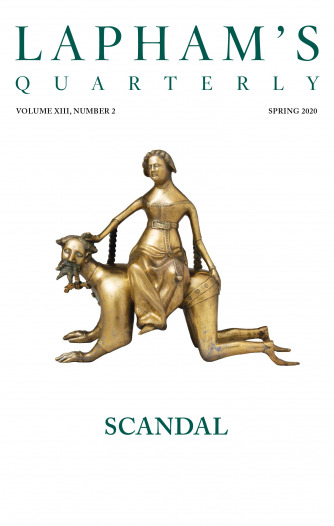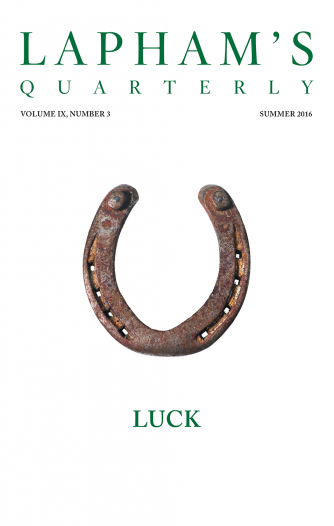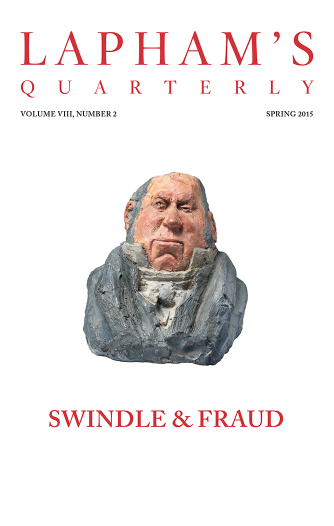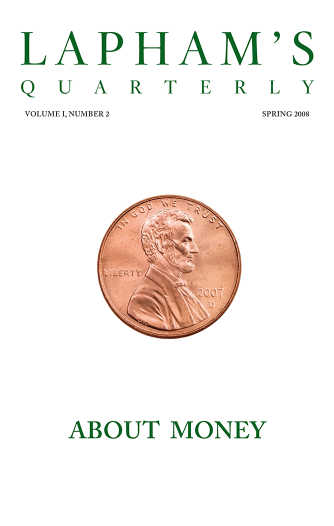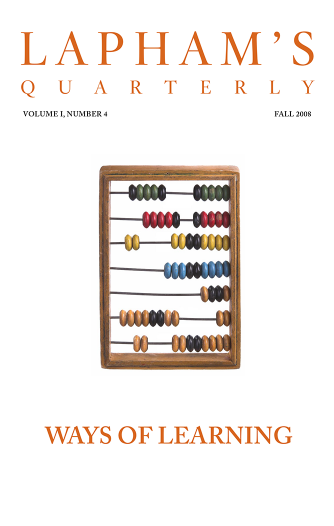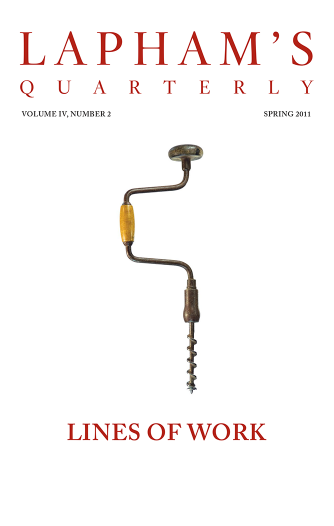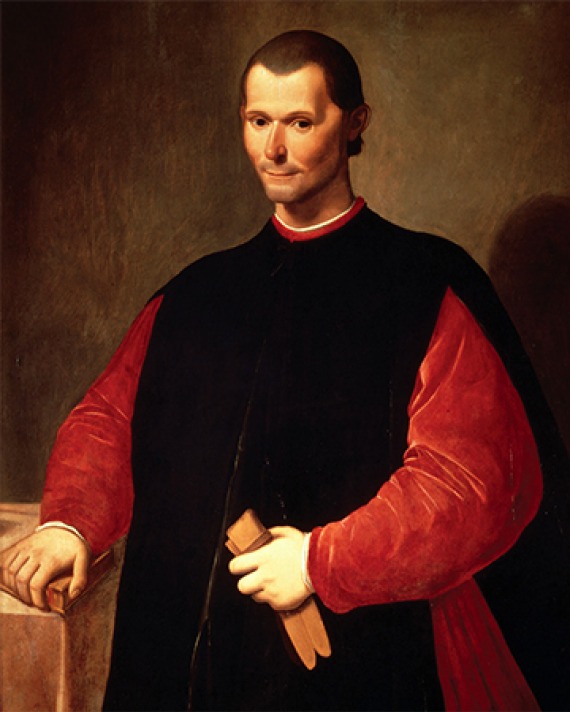
Niccolò Machiavelli
(1469 - 1527)
At the age of twenty-nine in 1498, Niccolò Machiavelli assumed charge of relations between the Florentine Republic and its territories. He held the post until 1512, at which time the Medici family returned to power, and he was imprisoned, tortured, and then banished. From exile in San Casciano he wrote to a friend, “When evening comes I return home and go into my study, and at the door, I take off my daytime dress covered in mud and dirt, and put on royal and curial robes.” While there he wrote The Prince and his Discourses.
